Does philosophy matter? As our world hurdles further into entropy — and as academia descends into a hideous death spiral — it’s hard to imagine that thinking for the sake of thinking has any value anymore. What’s the point of bigger questions when we’re all struggling to pay our bills?
We might not all have the time or resources to delve into a 9-plus-year Ph.D. program, but you don’t have to go broke to understand the basics of Western thought. Philosophy can be impenetrable without the right professors, but with enough patience, you can probably reason your way through even the hardest books without needing overpriced instruction. Even if it’s not “useful” per se, there’s a certain kind of pleasure in expanding your mind by contemplating huge questions.
More Books to Read
To help you with your journey through the history of the mind, we’ve collected the 10 most essential Western philosophy books you absolutely need to know.
Allegory of the Cave by Plato
Greek philosophy is usually considered the foundation of Western thought, and Plato’s dark parable is a central story around which our philosophical tradition is organized. Referenced eternally in debates about consciousness, morality, and knowledge, the Allegory of the Cave explores how humans began to understand their unique condition as sentient creatures. It’s not the most exciting text ever written but it’s needed to grasp the full scope of what we now consider the field of philosophy.
Critique of Pure Reason by Immanuel Kant
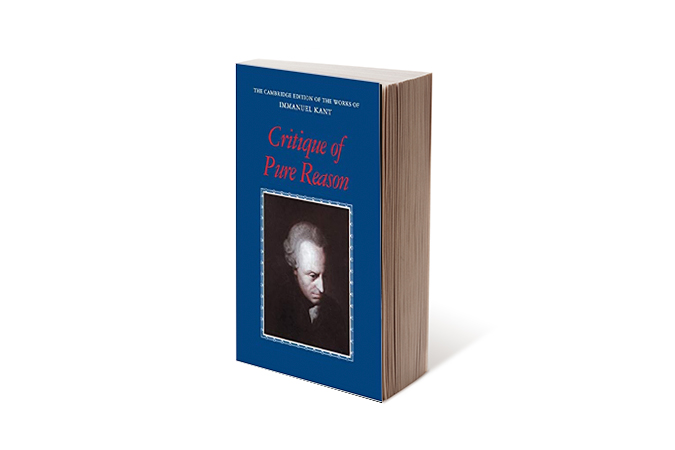
Kant can be a real slog, but his attempt at understanding what aspects of human life are universal and how to create a systematic morality by extrapolating certain values endemic to the human experience were necessary for the trajectory of philosophy and ethics. His writing is dense and quite frankly very boring, but if you can make it through his tedious perseverations, everything that comes after will be much easier to digest.
Philosophy in the Bedroom by the Marquis De Sade
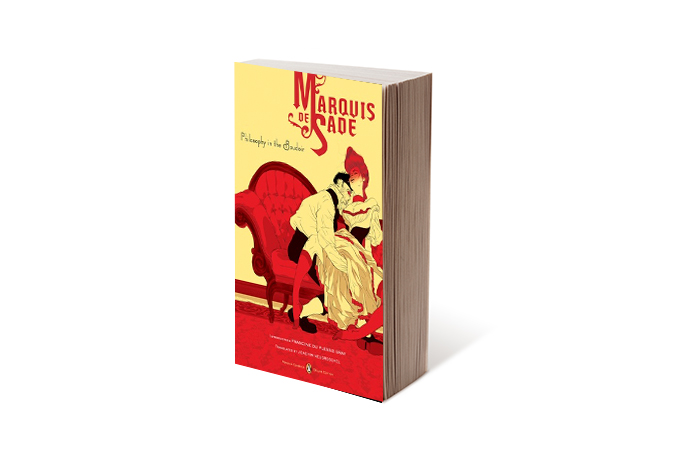
What does philosophy have to do with sex? The Marquis De Sade is one of history’s cruelest villains but his questions about the nature of pleasure remain pertinent to this day. Sade ultimately concludes that we owe no one kindness and that the greatest pleasures are derived from crime and violence. You might not agree, but his explorations of brutality and pure hedonism are necessary for disturbing key beliefs you might hold about the inherent values of goodness.
Beyond Good And Evil by Friedrich Nietzsche
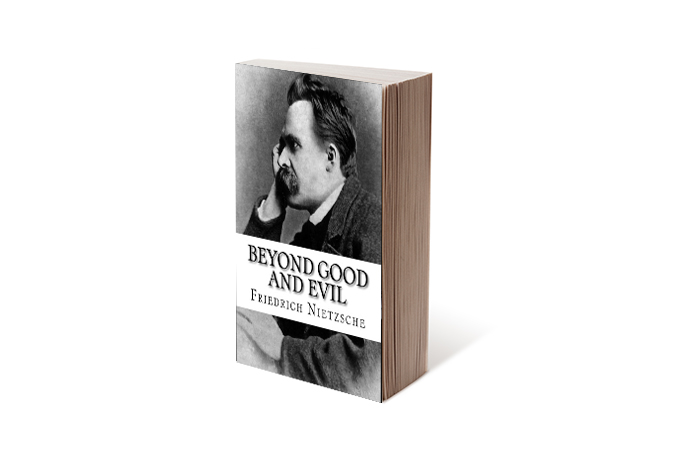
Things get really interesting with Nietzsche, who begins asking really big questions by turning the concepts he had inherited on their head: What if there’s actually no meaning to anything at all? What if the ideas around which Western civilization are constructed are illusory and ephemeral, based upon dogmatic ideas derived from obsolete Christian values? In the popular imaginary, Nietzche’s philosophy boils down to an angry rejection of all humanity, but in reality, his thoughts were far more complex.
Civilization and its Discontents by Sigmund Freud
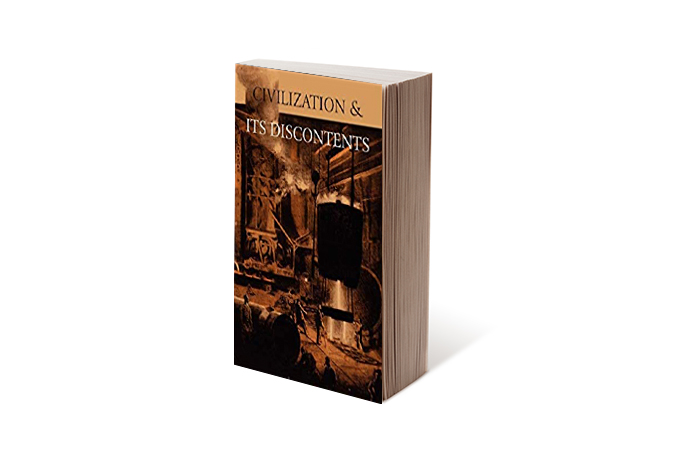
Put all your preconceived notions about Freud aside for a moment — there are definitely some wacky ideas in this deeply influential extended essay but the points the father of psychoanalysis makes about the tension between individual identity and the structures of what we know as a society are far more prescient than some of his more outdated ideas about sexuality. There are some deep existential themes hidden beneath some of his more outlandish conclusions.
Black Skin, White Masks by Frantz Fanon
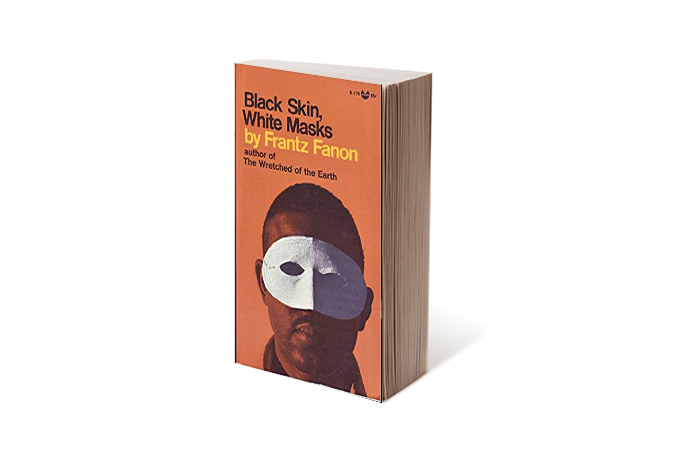
Frantz Fanon is considered a key player in what would eventually become known as postcolonial philosophy, a sub-field that examines how human thought was shaped by the subjugation of racial minorities. In Fanon’s seminal text, he explores the impact of racism and slavery on the development of Western thinking and how it transformed the psyches of those who survived it.
Eichmann in Jerusalem by Hannah Arendt
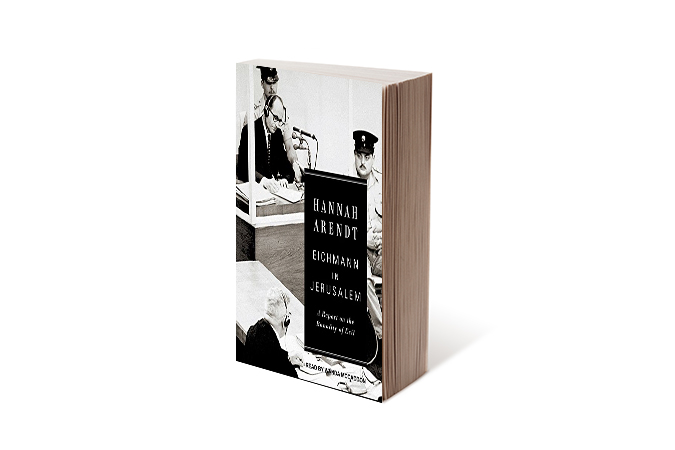
Is there any meaning to this world following the brutality of the Holocaust? Hannah Arendt invents the concept of “the banality of evil” to explain how normal people wind up committing atrocities — and what it means for the political future of the world. Her close analysis of Nazi exterminator Adolf Eichmann’s trial explores the repugnant realities of mass genocide while asking important questions about the nature of justice.
Discipline and Punish by Michel Foucault
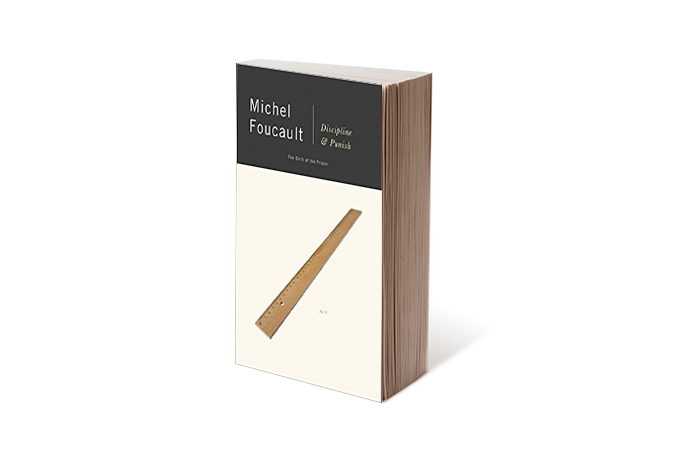
A noted BDSM enthusiast, Michel Foucault explores the history of criminal justice and realizes that most seemingly innocuous organizations — like hospitals and schools — actually resemble jails in formal structure. To what extent are our lives defined by competing, punitive, and ideological power relations, and to what extent have we all become prisoners to the hegemonic order? Foucault’s thinking would form the basis of what is called postmodern philosophy, a sub-field that questions enlightenment conclusions about universal human values.
Simulacra and Simulation by Jean Baudrillard
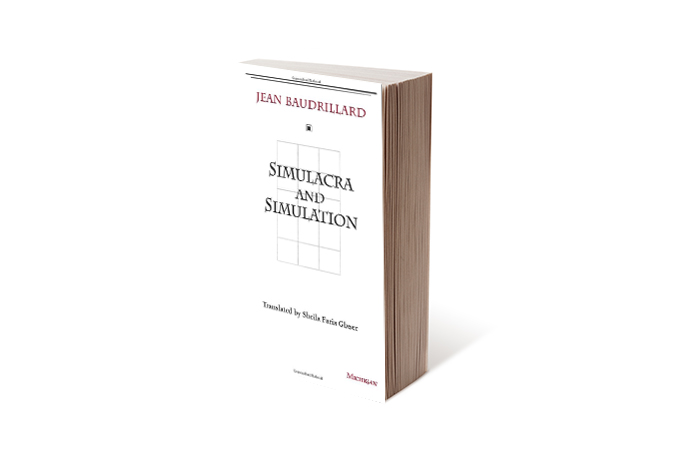
Do you ever have an intense emotional experience and think, “Wow, I feel like I’m in a movie?” The bizarre dynamic between media and reality is the key focus of this French postmodernist’s musings. How has technology corrupted (our understanding of) reality? Is reality even a viable concept anymore? Baudrillard has more recently fallen out of favor amongst academics — it didn’t help that the Wachowskis completely misunderstood his ideas when they made The Matrix films — but his critiques about the omnipresence of television, cinema, and the early internet are more prescient than ever in the age of social media.
Gender Trouble by Judith Butler

The contemporary LGBTQ movement owes a lot to Judith Butler, who asserted back in 1990 that gender is a social construction and has no real relation to biology. If gender is a series of performed acts rather than essential, biological facts, what does the history of gender reveal about the power relations between men, women, and people beyond the binary? Butler re-imagines the basic beliefs of feminist philosophy by questioning the extent to which the category of “woman” is even ideologically coherent.



